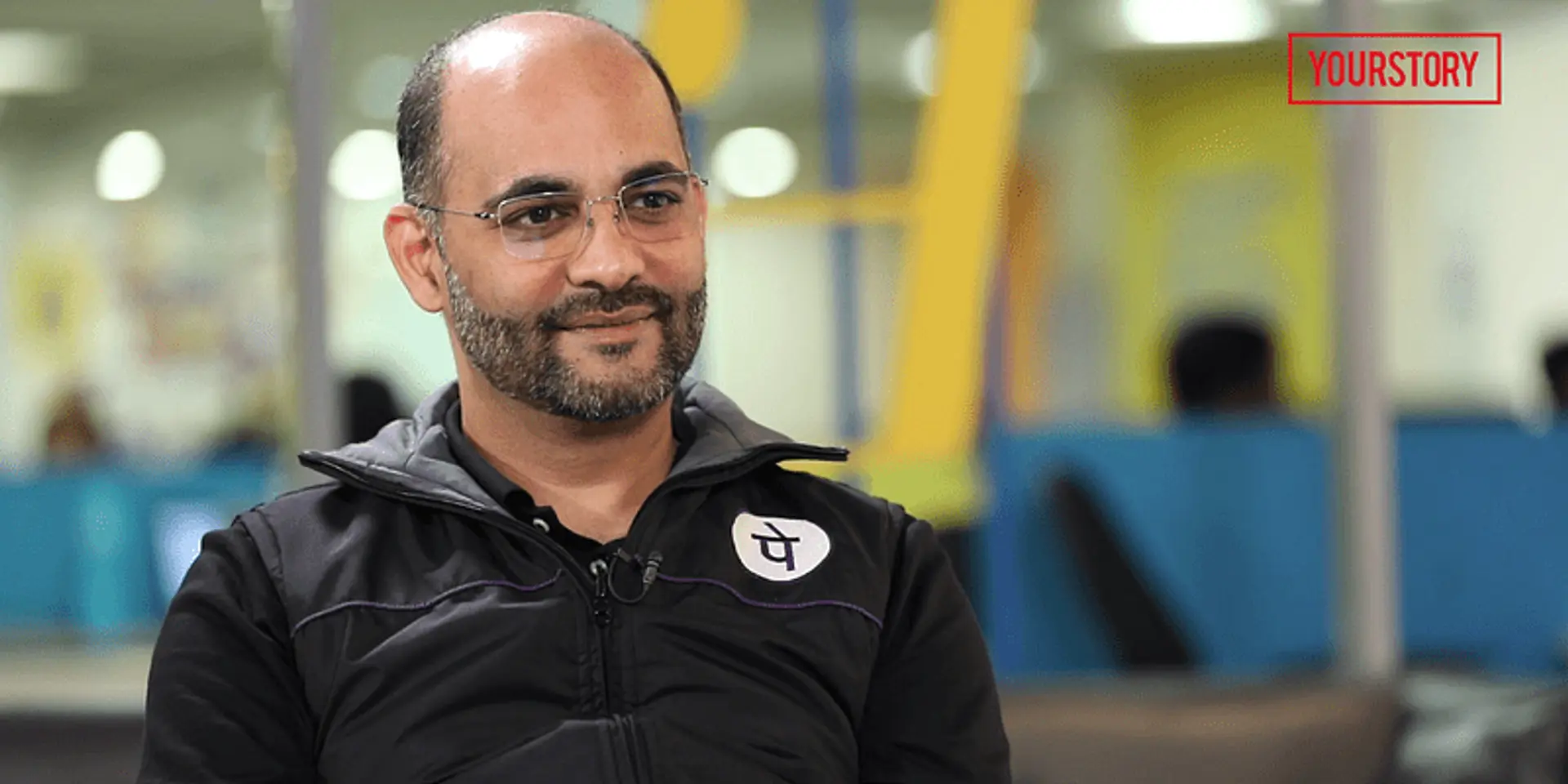Cap on UPI market share is a problem for us, stopping us from going public: Sameer Nigam
PhonePe CEO's remarks come as the deadline for implementing the proposed cap on UPI payments market share approaches, leaving payment platforms only about four months to comply.
The proposed cap on the market share of the Unified Payments Interface (UPI) by the National Payments Corporation of India (NPCI) is stopping PhonePe—the current market leader in payments in the country—from going public, according to its Co-founder and CEO Sameer Nigam.
“As far as going public is concerned, the market cap (on UPI) overhang is definitely a problem for us,” said Nigam, speaking at the Global Fintech Fest (GFF) in Mumbai on Wednesday.
“I feel nervous going to the market (public market), when there’s a 30% market cap lurking or looming, to ask retail investors to put money against today’s market cap. My concern is do we do right by our shareholders. I don’t want to go public based on today’s numbers or market share until I can actually look you in the eye and say buy my shares, this company will grow from here,” Nigam added.
PhonePe CEO's remarks come as the deadline for implementing the proposed cap on the UPI payments market share approaches, leaving payment platforms only about four months to comply.
The NPCI introduced a 30% market share cap on UPI payments in November 2020 to prevent a few large players from dominating the digital payments landscape.
At present, Walmart-backed PhonePe and Google Pay are the two leading players in UPI payments, accounting for over 80% of the market share, with PhonePe alone holding more than 48%.
While the deadline for the market cap has been pushed twice already, other UPI apps such as CRED, Amazon Pay, and Navi, among others, have not been able to increase their market share significantly. The deadline for the proposed market cap is thus expected to be further pushed from the current December 31, 2024, deadline.
However, Nigam added that the impending market cap is not the only thing holding PhonePe back from going public.
“The preparedness for the IPO, closure of quarterly results, and other operating stuff are also there (holding them back). I think, as a company, culturally and governance-wise, we're getting very close,” Nigam said.
“We've got a lot of fair feedback on things that we can also do to allay concerns. We are trying to make sure we do everything in our car to satisfy NPCI and the regulators. Scale brings with it different responsibilities. But other than things that we can solve for, if we manage to solve those, and then the gap goes, I think, I think we run out of excuses not to go back,” Nigam added.
Edited by Suman Singh



